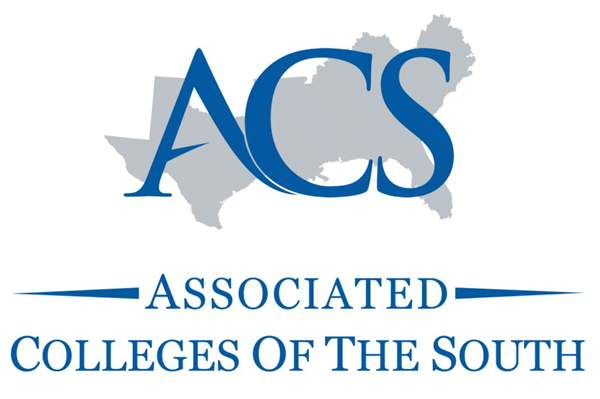
Welcome to the The Associated Colleges of the South events calendar.

- This event has passed.
ACS/Mellon Grant Round 9 Pre-Proposals Currently Being Accepted
April 5, 2021 @ 8:00 am – May 25, 2021 @ 5:00 pm EDT
Our sub-grants, available to faculty and staff from member institutions, focus on three areas: innovative instruction, collaborative curriculum, and diversity & inclusion.
- Innovative Instruction: Learner-based pedagogy (as informed by cognitive science and neuroscience) and blended learning. Assessment of pedagogies. We invite proposals designed to renew and invigorate teaching methods and incorporate assessment instruments that draw on the Scholarship of Teaching and Learning.
- Collaborative Curriculum: Multi-campus involvement in curricular projects. For example: shared study away (domestic study away from campus) courses, shared courses for low enrollment courses, shared seminar courses for which the integration of multiple objectives enhances our understanding and problem-solving capabilities of various real world and current topics– e.g., civil rights, public health, environmental justice, international studies, etc., and other collaborative projects related to the curriculum. Shared “courses” and resources related to teaching and learning for faculty and staff may also be considered.
- Diversity and inclusion: New approaches in the classroom that promote inclusion, recognize diversity, address anti-racism, and current work in the area of diversity and inclusion. We are also interested in funding practices that help promote, recruit, retain, and support faculty and staff of color. We encourage proposals that incorporate inclusive pedagogies, strategies for improving student success, and interventions focused on transforming our campuses into more diverse and inclusive spaces.
Proposals must fit into one of these areas and must involve and impact multiple campuses; priority is given to proposals representing a collaboration of three or more institutions and having broad impact.
Proposals should demonstrate :
- Direct links to the grant theme/s based on the definitions provided above.
- Impact that the project will have on participating campuses (i.e. desired outcomes relative to the current campus context.)
- The scholarship related to project needs and goals (e.g., literature on inclusive pedagogy for a proposal on diversity and inclusion.)
- Impact (or potential impact) across the ACS consortium.
- Insights from relevant campus offices and leaders.
- A plan for sustaining the project after the grant period ends.
- Linkages between project goals, outcomes, and budget requests.
- Involvement of multiple campuses in the project
- Click here for more information.
- Click here to access our grant forms.
- Click here to visit our Grants Program website.
